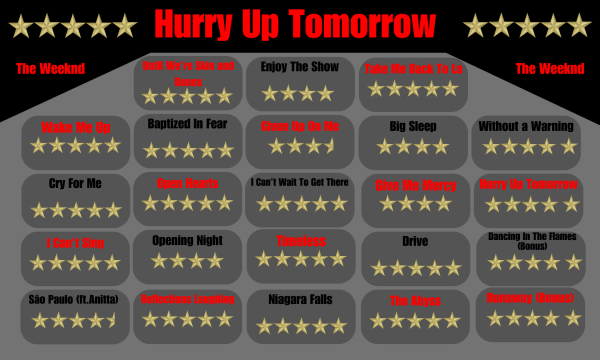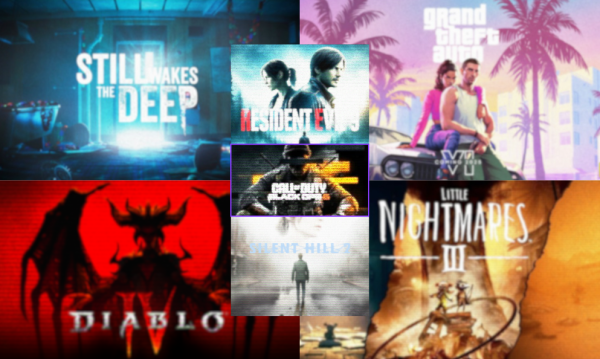Glass Onion: Tropes, moral, and intent
Glass Onion:
Set over the course of one day, Glass Onion centers on the wealthy and eccentric (and potentially genius) Miles Bron (Edward Norton), who invites his circle of friends ‘The Disruptors’ to his private Greek island for the weekend. His friends include Governor Claire Debella (Kathryn Hahn); ex-model Birdie Jay (Kate Hudson) and her assistant, Peg (Jessica Henwick); alt-right social media influencer Duke Cody (Dave Bautista) and his girlfriend, Whiskey (Madelyn Cline); fellow scientist Lionel Toussaint (Leslie Odom Jr.); and ex-business partner Andi Brand (Janelle Monáe). While Bron initially intends to host a murder mystery party, the unexplained presence of private detective Benoit Blanc (Daniel Craig) foils this plan, but ironically doesn’t prevent an actual murder from occurring.

The stakes and characteristics of Glass Onion are familiar, as are the character archetypes. You can almost sort the suspects of Glass Onion into their respective group. Claire is ‘The Politician’: calculating, subversive, and secretive. Miles is ‘The Genius’: unexpected, unpredictable, and mad. However, like everything else in this movie, the characters are entirely intentional. An advertisement campaign for the movie featured individual character posters with the name of the actor and the role they occupy. And this series of ads is separate from another set of individual posters in which each character stands next to a letter of the film’s title– with the various designs hinting at the personalities of the characters.
Despite the apparent homage to classic mysteries, Glass Onion is a wholly unique creation, recreating classic hallmarks of the genre in a new way. It’s a combination of mystery, comedy, and puzzle that both understands the gravity of the situation and critiques the people within it. If anything, Glass Onion is a puzzle and criticism first, and a mystery movie second.
This puzzle mentality was apparent in Glass Onion’s predecessor, Knives Out, but is more on display in the sequel. Rather than linearly following Blanc’s murder investigation, the movie reveals a plot-altering twist at the halfway point of the film, proceeding to reexamine the same events through a different lens. This decision lends itself to excellent artistic and character moments, but also shatters any idea of the audience solving the mystery alongside Blanc. This is only furthered by the second half of the movie providing previously unknown exposition.
This narrative decision has numerous consequences. Primarily, it allows writer and director Rian Johnson to be more inventive with the crimes he presents. There are no limitations on where the story can go when the camera can take the audience anywhere. However, on the other end of the spectrum, the constant twists and turns feel more like a testament to the movie’s own cleverness than to a well-written mystery. Cleverness doesn’t matter if the audience isn’t supposed to be able to follow along. There’s less hidden from the audience because they need more information to follow the ever-changing plot.
And this isn’t to say that Glass Onion is unenjoyable (because it is an excellent movie), but rather that calling it a mystery is somewhat disingenuous. However, I couldn’t say what the proper classification is.
And perhaps Glass Onion doesn’t view itself as a mystery, but rather uses the guise of the genre to make the social-criticism less preachy.
Glass Onion is firmly rooted in contemporary times. Visual cues (playing Among Us, wearing masks, having ‘pods’) all indicate the story is about the 2020 COVID-19 pandemic. Thus, the players within it are not simply suspects, but different aspects of social-irresponsibility that came about in the wake of disease.
Birdie Jay frequently hosts large parties in her home despite the pandemic, and wears masks made of mesh. She’s socially clueless and doesn’t attempt to educate herself, with dialogue indicating several instances of her using racial slurs. Duke and Whiskey don’t wear masks at all, and pretend to be self-sufficient while relying on Duke’s mother for resources. Duke himself actively makes outrageous content. Miles assumes his money makes him untouchable from both the law and criticism, and uses his immense fortune to make life easier for himself– the movie goes as far as to imply he’s created a cure for COVID-19 and refused to share it.
The only true foil to this parade of awfulness is Andi, who calls out the blatant inequity. Andi and Blanc even bond over their shared discomfort with the ultra-wealthy, finding themselves confused and out of their depth when it comes to navigating money.
However, despite the movie taking the perspective of Andi and positioning her as morally correct, there are no placations about the nature of corruption.
Glass Onion posits that, in this world, personal goodness alone cannot stand up to the overwhelming force of corruption. Without large-scale action or change, the only way for the ‘good’ to triumph is by working outside the law.
It’s a complicated ending message for a generally lighthearted movie, but its highly effective. It’s certain to leave the audience with a gut-punch whether or not they realize it immediately. And powerful as it is to leave people talking about the movie for months after, the true skill of Glass Onion is its ability to make the audience question their own morals and sense of self long after the credits roll.
8/10 would flee a private Greek island again
Further Breakdown:
Writing Quality: 8/10 Enjoyability: 9/10
Pace: 8/10 Visual elements: 10/10
Plot development: 8/10 Insightfulness: 9/10
Characters: 8/10





